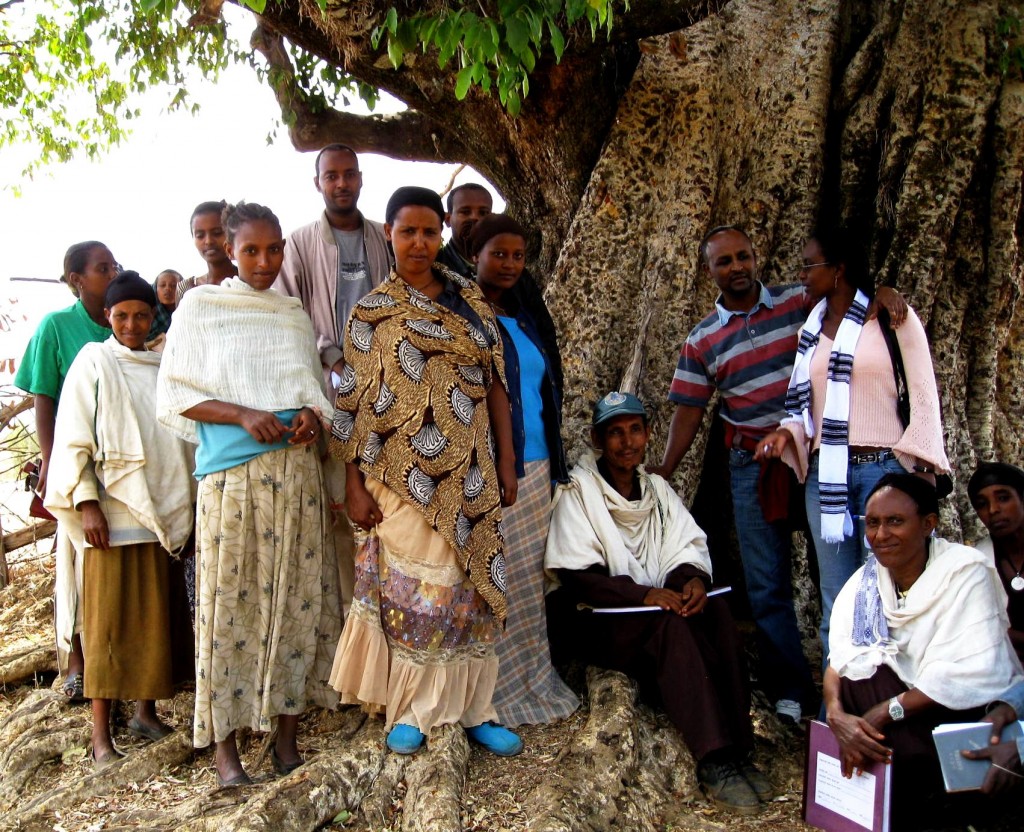Guest post by Heather Barclay, International Planned Parenthood Federation
Comprehensive sexuality education (CSE) has been the focus of much discussion and political debate over the years. It has been lauded as the way for young people to be empowered and realize their rights, as well as a means through which to create demand for family planning and sexual health services. But as with many highly politicized debates, the truth lies somewhere in the middle.
A hallmark of CSE is its rights-based approach to education about sexuality, gender, sexual and reproductive health, and sexual behavior. It equips young people with life skills and empowers them to make autonomous, informed decisions about their bodies and futures. That means teaching young people comprehensively both about the biology of sex and about the personal, emotional, societal, and cultural forces that shape the way in which they choose to conduct their lives, including their sexual and reproductive lives. In particular, CSE imparts information, promotes responsibility, and equips youth to question why they act in certain ways, so that they can make informed and considered decisions that allow them to have healthy and empowered lives.



